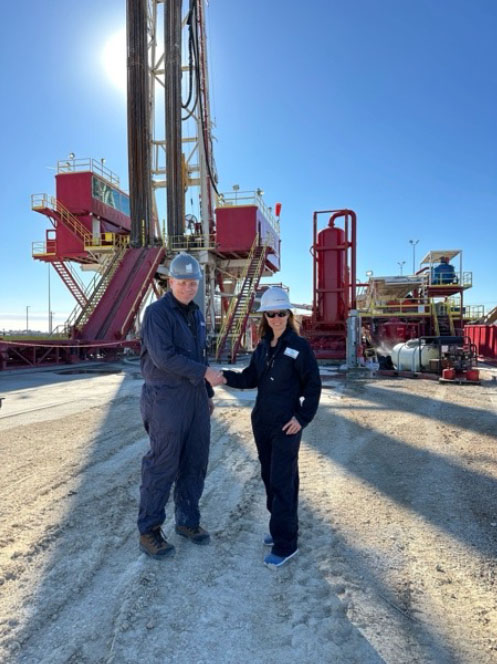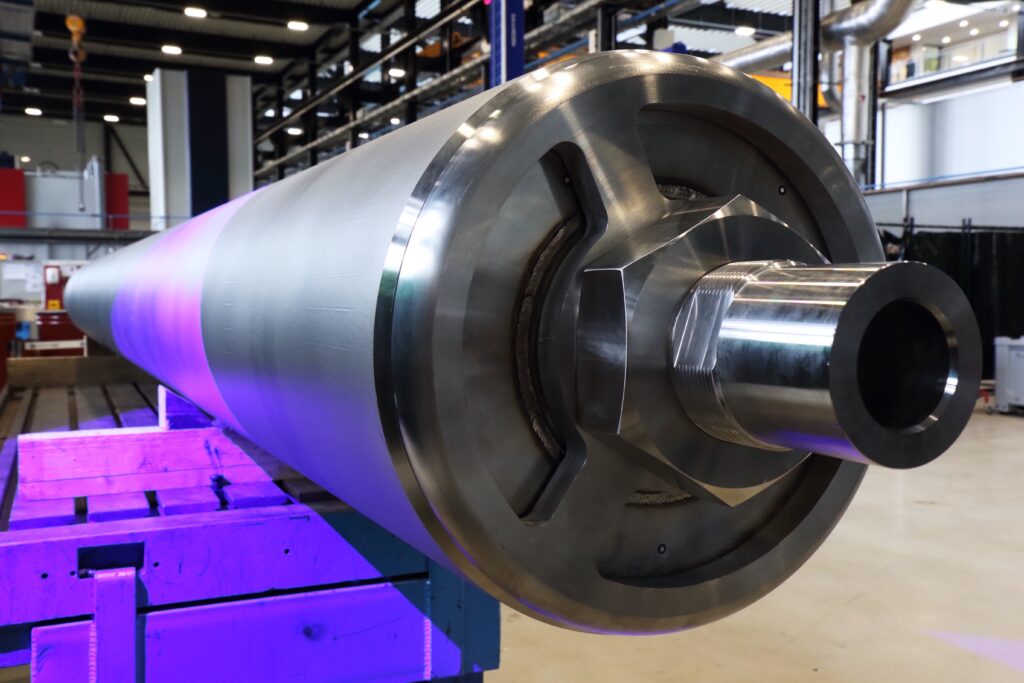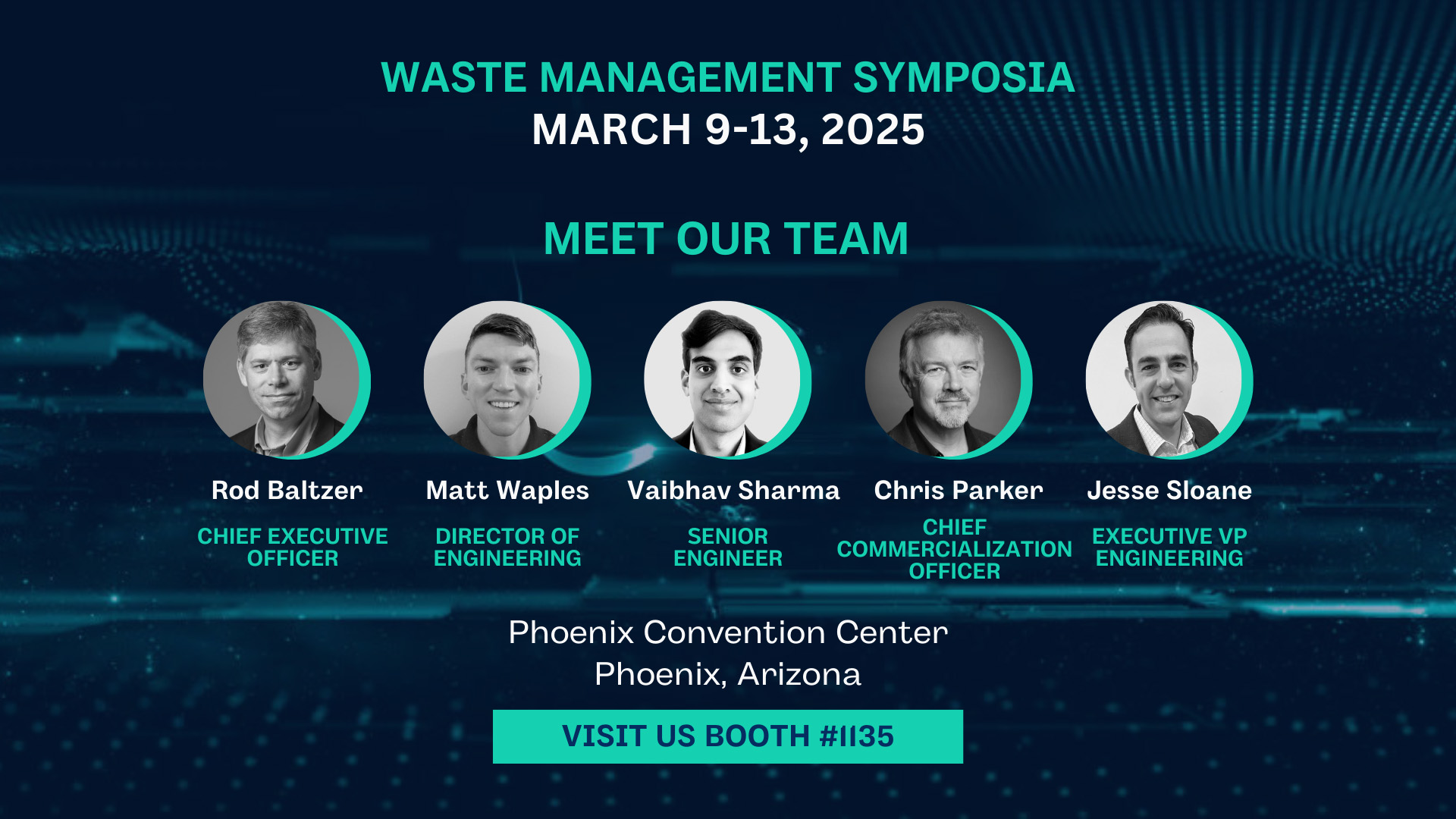– Agreement Addresses Urgent Waste Management Issue –
BERKELEY, CA – Deep Fission Inc. (Deep Fission), the pioneering nuclear energy startup revolutionizing the industry by placing reactors a mile underground, and Deep Isolation, a leader in deep borehole nuclear waste disposal solutions, have signed a Memorandum of Understanding (MOU) to collaborate on spent fuel management for Deep Fission’s advanced underground reactors. This agreement marks a shared commitment to ensuring a comprehensive approach to the full nuclear fuel cycle.

Under this MOU, Deep Isolation and Deep Fission will explore the potential licensing and use of Deep Isolation’s patented underground disposal technology for managing spent nuclear fuel and radioactive waste from Deep Fission’s underground reactors. This partnership enables Deep Fission to offer an end-to-end solution that includes both energy generation and long-term waste management.
Through this collaboration, Deep Fission will integrate Deep Isolation’s deep borehole repository technology into its operations, providing international partners with a seamless, long-term waste solution. For U.S. partners, where permanent underground disposal of spent nuclear fuel is still under consideration, this agreement provides a promising storage option while efforts toward a long-term repository continue.
“Nuclear power generation requires a waste disposal solution, and responsible users should plan for waste management from the start,” said Elizabeth Muller, co-founder and CEO of Deep Fission. “Deep geological disposal is the globally preferred approach, and while other countries are advancing underground repositories, there is an opportunity for the U.S. to take further steps in this direction. Deep Isolation’s solution presents an attractive option for Deep Fission as we work toward a sustainable nuclear future.”
“Deep Isolation is proud to partner with Deep Fission to deliver a practical, scalable solution for managing nuclear waste,” said Rod Baltzer, CEO of Deep Isolation. “As new nuclear technologies emerge, a forward-thinking approach to waste disposal is critical. Ensuring that nuclear waste has a reliable and permanent disposal method is essential for the industry’s long-term success.” Pairing Deep Fission’s cutting-edge reactor technology with Deep Isolation’s innovative waste disposal solution marks an important step toward aligning advanced nuclear energy development with proactive waste management. The collaboration represents a major stride toward resolving the long-standing challenge of managing high-level nuclear waste and offers a more integrated approach to nuclear energy management.

About Deep Isolation
Named as one of Goldman Sachs’ 30 top startups in carbon capture, hydrogen power, and nuclear energy, Deep Isolation is the first company commercializing nuclear waste disposal in deep boreholes. It offers a uniquely tailored solution to help countries complete the necessary steps to dispose of their waste inventories. With 70 patents issued to date, it leverages proven drilling practices to safely isolate waste deep underground in horizontal, vertical, or slanted borehole repositories.
For more information, visit deepisolation.com.
For media inquiries, please contact:
media@deepisolation.com
About Deep Fission
Deep Fission is revolutionizing the energy landscape with innovative technology that places small modular reactors a mile underground. The team of leading scientists, engineers, and visionaries is driven by a shared commitment to advancing safe, reliable, and affordable low-carbon energy solutions. The company is actively engaged with the Nuclear Regulatory Commission and is pursuing commercial projects worldwide.
For more information, visit deepfission.com.
For media inquiries, please contact:
media@deepfission.com
Disclosure: Liz Muller is the co-founder and former CEO of Deep Isolation. She currently serves as Executive Chair of the company.
###


